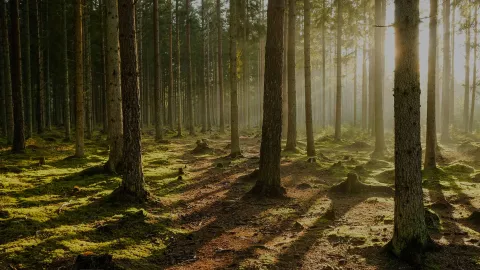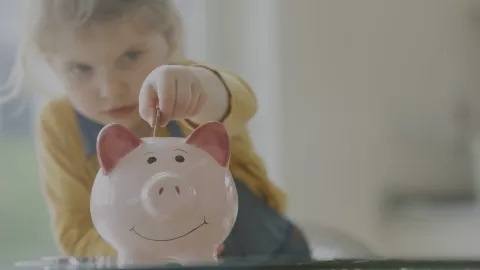Episódio 7 – Biodiversidade
In the seventh episode of our podcast, three experts explain, over the course of 45 minutes, what biodiversity is, what the main threats to biodiversity are and what this topic implies for the future of human beings and planet Earth.
Meet our experts

Catarina Barreiros
Founder & CEO of Do Zero
Catarina Barreiros
Founder & CEO of Do Zero
Graduated with a major in Architecture and with a master's degree in Management, she was a fashion stylist and worked in Digital Marketing, in a luxury product company, and in a pharmaceutical company. The documentary Cowspiracy and a conference on Zero Waste generated the first concerns with sustainability. She created the blog Do Zero and today seeks to live with the minimal ecological footprint possible.

Pedro Beja
Director of Center for Research in Biodiversity and Genetic Resources
Pedro Beja
Director of Center for Research in Biodiversity and Genetic Resources
Trained as a biologist at Lisbon University, he has been working as a biodiversity researcher for about three decades. He is currently the main researcher and director of CIBIO - Center for Research in Biodiversity and Genetic Resources, as well as the holder of the EDP Biodiversity Chair.

Vítor Batista
Biodiversity expert at the EDP Sustainability Department
Vítor Batista
Biodiversity expert at the EDP Sustainability Department
Graduated in Biology from Porto University, he was a Biology professor for a decade and a half. From 2004 to 2007 he served as Director of Douro Internacional Nature Park. In 2009 he joined EDP, where he works as a biodiversity expert at the Sustainability Department.
We are committed to protecting biodiversity all over the planet and in all types of ecosystems.
Today, Marc Leiber is a happy man. He left professional photography to embrace the land, nature, and restore its lost biodiversity. He has five hectares at Herdade do Freixo, in the Alentejo, where he grows a variety of vegetables, fruit and vegetables. His ambition is to go even further, to take his art to other wooded, lifeless lands.

